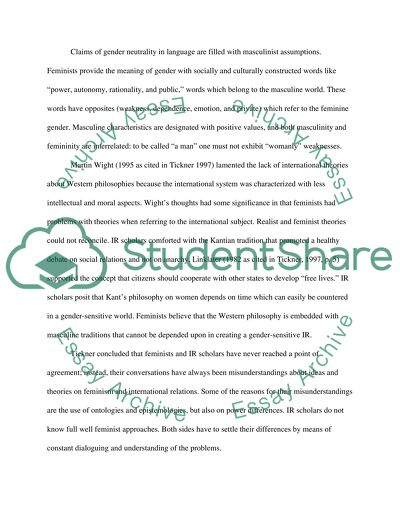Cite this document
(“ARTICLE REVIEW Feminism and the role of gender politics in Literature”, n.d.)
Retrieved from https://studentshare.org/history/1488773-article-review-feminism-and-the-role-of-gender
Retrieved from https://studentshare.org/history/1488773-article-review-feminism-and-the-role-of-gender
(ARTICLE REVIEW Feminism and the Role of Gender Politics in Literature)
https://studentshare.org/history/1488773-article-review-feminism-and-the-role-of-gender.
https://studentshare.org/history/1488773-article-review-feminism-and-the-role-of-gender.
“ARTICLE REVIEW Feminism and the Role of Gender Politics in Literature”, n.d. https://studentshare.org/history/1488773-article-review-feminism-and-the-role-of-gender.


